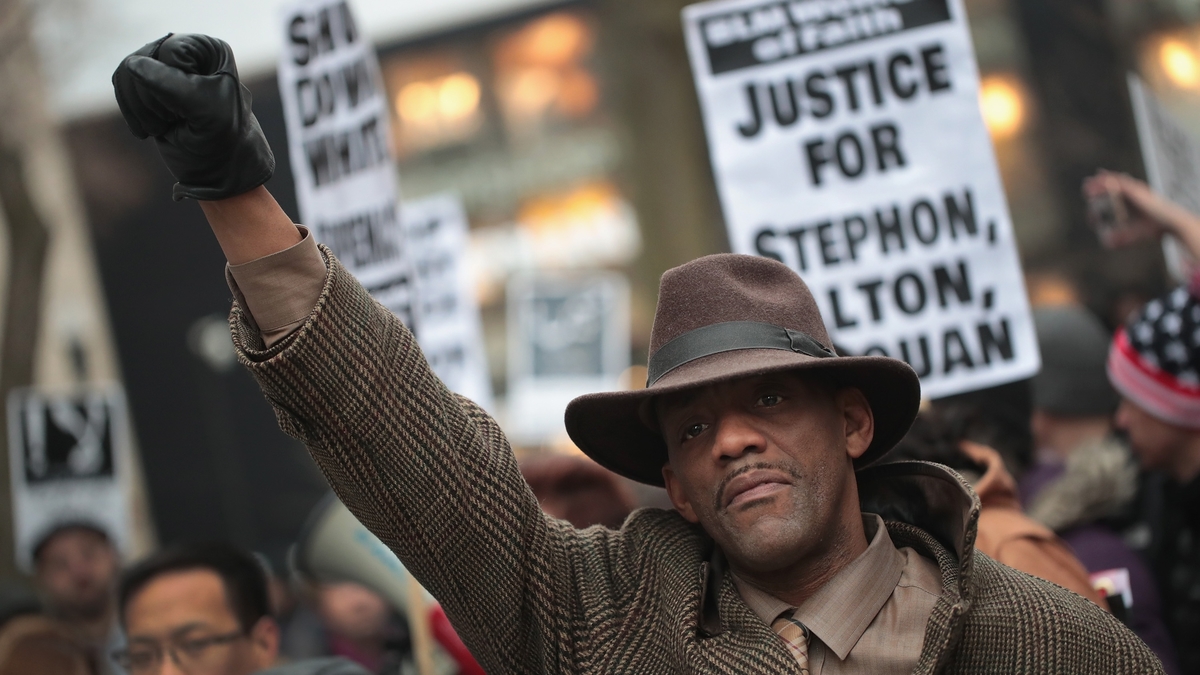In the last week or so, social media has erupted with commentary on the world’s latest pandemic, Coronavirus. If you’re unfamiliar, Coronavirus or COVID-19 is a disease caused by a novel strain of the Coronaviruses (CoV), linked between humans and animals. Symptoms include shortness of breath, fever and coughing spells. It’s important to note, however, some people could possibly spread and contract this virus without showing any symptoms. Idris Elba shocked the world on March 16, when he revealed his positive status while remaining asymptomatic and there have been quite a few other celebrities who have also tested positive.
lmao “they won’t let me huuug you.
“Why?”
“cuzza da carona” pic.twitter.com/33BZIoCFuf— ⧉ (@qicle) March 11, 2020
At times like this, it would be great if Olivia Pope could come in wearing her oatmeal-colored trench coat and save the day, but that’s unlikely. In fact, we have a better chance with our real-life melanated sheros swooping in to save us because they always do. Since the beginning of time Black folks have thrived and survived under all conditions; I believe this pandemic will be no different. It’s time for us to take a deep-dive into our ancestral roots and reflect on who we are.
Black history started long before slavery, but that interruption taught us so much about survival. Last year marked 400 years since the first enslaved Africans arrived in Virginia. Our ancestors were stolen from their homelands and stripped of their identities to forcefully subscribe to Western culture. The trajectory of Black life in America became intermingled with capitalism and racism, in which many of our ancestors had to, quite frankly, survive. They were made to adapt to this new way of life, which included servitude and brutality or abuse and death
Because America is America, our fight for survival didn’t end when slavery did. The physical absence of slavery did nothing to prevent the Jim Crow era from enacting the same racist undertones. We were still denied basic human rights which ranged from adequate drinking fountains to quality education. Thanks to activists like Dr. Martin Luther King Jr. and Stokely Carmichael, survival often looked like resistance — peaceful or otherwise. Given the timeline of American history and its unfair treatment of Black people, we’ve been in a constant state of endurance.
Our grandparents may have overcame the Jim Crow era but I believe the newest generation is surviving another monster — rampant police brutality. Police brutality against Black people isn’t new but it has arguably become more visible in the 2000s. We’ve borne witness to the most tragic acts of police violence whether it was against Sandra Bland or Eric Garner. Thanks to social media, we have been able to see these incidents more frequently and take to the streets and internet as ways of advocacy. By doing so, we are not only surviving this open season, we are empowering each other to continue taking action.
Through it all, we have persisted. There are many more periods in the Black experience that are worth touching on, but these feel most relevant. As we prepare to enter into a period of the unknown which may continue to disenfranchise our people, we need to be reminded of who we are. We’ve been through slavery, Jim Crow, the fight for civil rights and so much more. Our fights just look a bit different than that of our ancestors but, have no doubt, they are the same. I wholeheartedly believe resilience is embedded in every Black person’s DNA.

We must look in the mirror, dust off our crowns and know that above anything else, we are survivors. We are descendents of royalty, with the blood of King Hannibal and Queen Nzingha coursing through our veins. We will survive COVID-19, taking up more space in future history books on how we, yet again, taught the world to follow suit.


